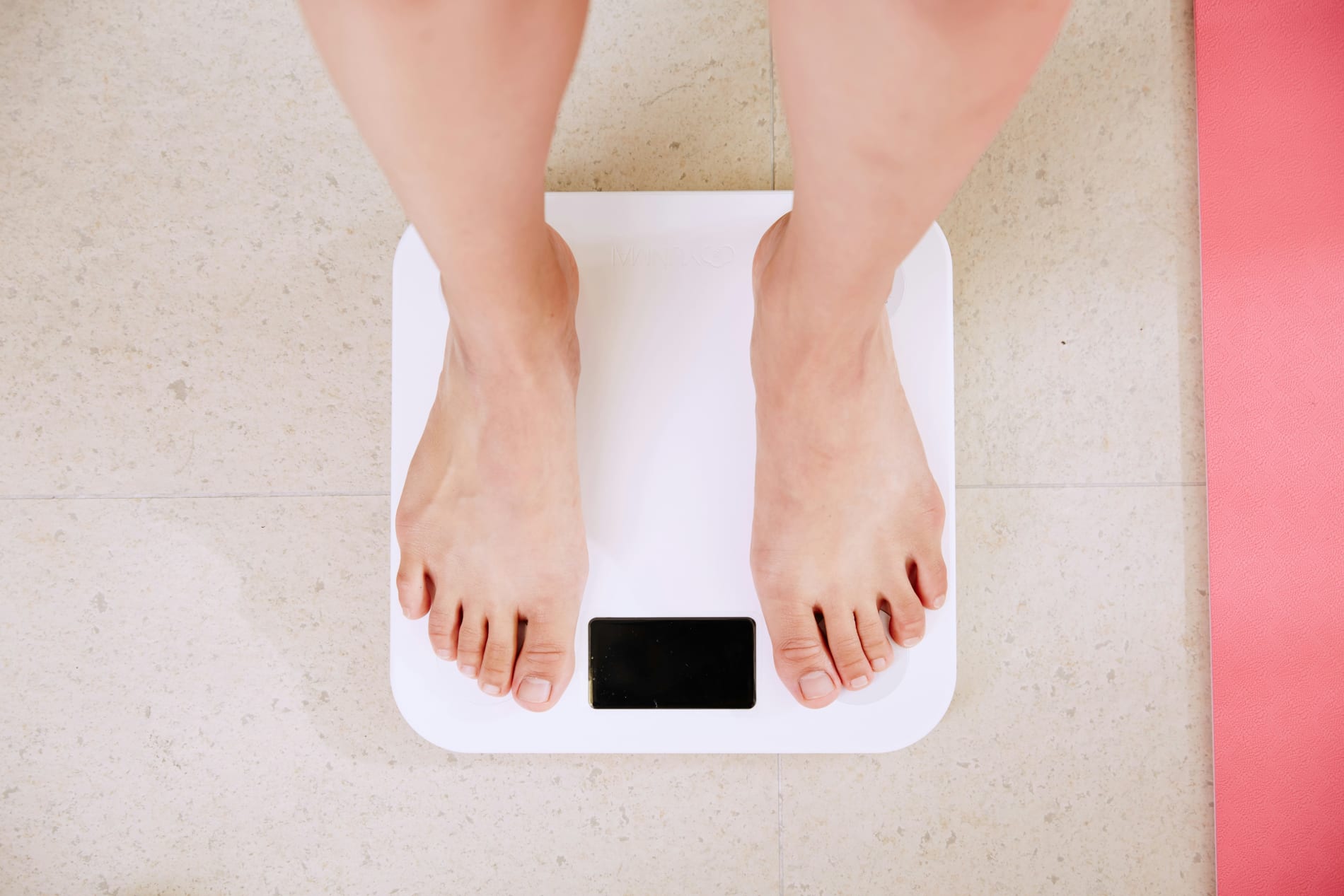
Read the Charter of Independence here.
A "toxic diet culture" online, especially on TikTok, and the alarming rate at which dieting information is distributed on social media has experts worried for young people's health.
More than 1 million Australians are living with an eating disorder, the most fatal of all mental health disorders, and most (three-quarters) won't seek treatment or support, according to Monash University's HER Centre.
Now the perpetuation of diet culture on social media, along with consumer products and health fads, has sparked fears for young people's mental health, body image and eating behaviours, according to Medical News Today.
Diet culture is separate from dieting per se: it relates to cultural myths around food, weight and health — valuing the appearance or shape of the body over its health. Researchers in Australia and overseas have described dieting as a cultural practice, reinforced by harmful norms about food and the body, especially women's bodies.
Tia Joachim, an 18-year-old health sciences student at RMIT University, feels that social media in particular has increased negative associations with body image.
“I became very conscious of my weight when I joined social media,” Joachim says.

She says one social media platform in particular has played a large role.
“Growing up, there wasn’t a specific platform that really influenced how I felt about my body, until TikTok.”
More young people are using social media than ever before, Pew Research Centre data show, and 16 to 24-year olds are TikTok’s primary users.
That's roughly the same age bracket that is most susceptible to developing an eating disorder as the result of cultural and societal influences, according to the National Eating Disorders Collaboration, an initiative of the Australian Government.
TikTok has become a hotspot for the promotion of "toxic diet culture", according to a 2023 study in The Journal of Nutrition, Education and Behaviour.
That study found the first 250 videos listed under the hashtag "healthy lifestyle" on TikTok tactually contained “conflicting definitions of a healthy lifestyle”.
“Nearly all content with positive connotations was counteracted by coexisting negative messaging,” the study found.
Joachim confirms that toxic diet culture content has impacted her mental health.
“[It] made me very insecure; I limited myself to a lot of new experiences," she says. "A lot of the things I tried were very extreme and within the first day I felt drained and frustrated with myself for not looking a certain way.”

Young adults experience the highest level of mental health disorders of all age groups. So it has become vital to monitor and censor the content being produced on these platforms, according to another study by the American National Institute of Health (NIH) because they play a big role in the development of eating disorders.
Joachim says that as a result of platforms like TikTok, she often tried different diets, regardless of the risk.
“I’ve done my fair share of everything, I've tried all the fad diets, I followed a lot of celebrity diets, but they are so unrealistic and just made me feel like shit.”
Joachim is far from alone. Marie Evans, an 18-year-old nursing student at Monash University, says she similarly experienced "severe repercussions" as a result of interacting with toxic diet culture content on social media.
A victim of diet culture for as long as she can remember, Evans says that experience contributed to her anorexia nervosa diagnosis in April 2022.
The NIH defines the serious eating disorder as the "fear of gaining weight along with a distorted body image", involving the "restriction of nutrient intake relative to requirements, which leads to significantly low body weight".
Evans says she had to visit an adolescent clinic, often weekly, and was sometimes admitted to the associated medical ward in the Monash Children’s Hospital.

She singles out TikTok as especially harmful in perpetuating toxic diet culture.
“I think all social media is harmful, however, TikTok can be especially problematic because [videos about diet culture] fail to be properly censored, and get pushed to thousands of vulnerable and impressionable people,” Evans says.
She adds that avoiding pages on social media, which promote toxic diet culture, takes considerable effort.
“Whilst I definitely subscribed to it in the past ... I now have to make the effort to unsubscribe and unfollow people who glamorise it.”
The first step to recovery from an eating disorder or body image issue is often seeing a health professional, such as your GP, according to the Butterfly Foundation.
Butterfly, the national charity for Australians impacted by eating disorders and body image issues, coordinates the National Eating Disorders Collaboration and offers a wide range of support programs including a national helpline.
If you or someone you know needs support for an eating disorder or body image issue, try the Butterly National Helpline on 1800 33 4673 (1800 ED HOPE).